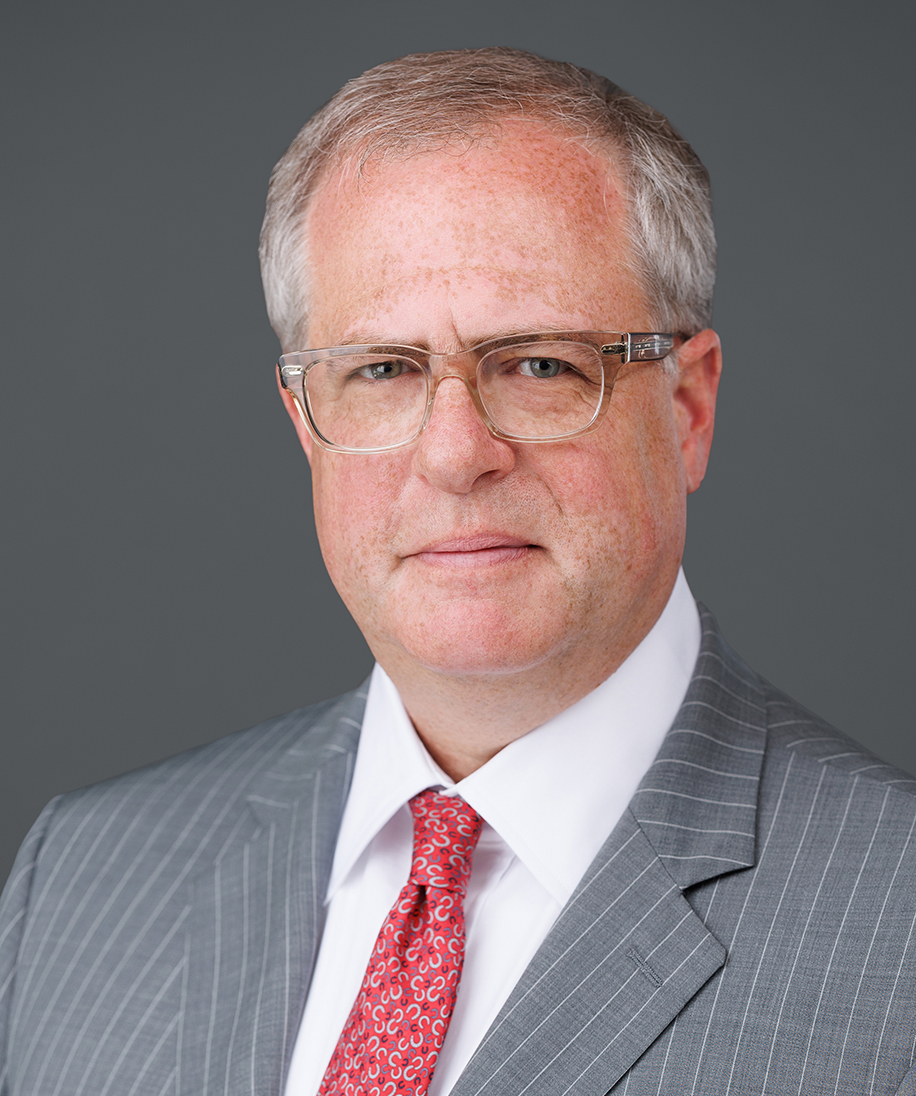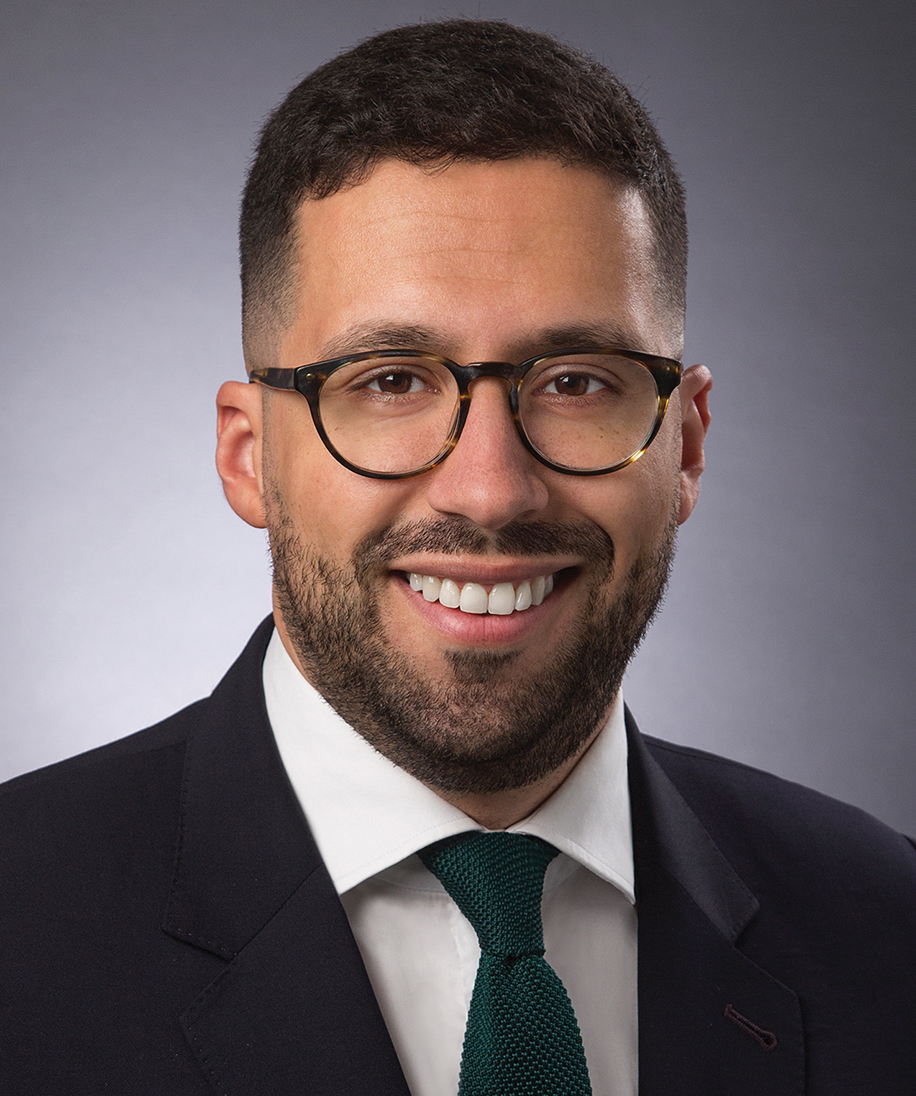Client Alert
Where the New Normal Might Be the Old Normal: Addressing Corruption Concerns Relating to Brazil’s Political Turmoil
August 20, 2020
By Jay Darden, Corinne Lammers, Bryan Parr, Diogo Metz, Gabriela Menna Barreto Scanlon & João Victor Freitas Ferreira
Brazil has taken a number of important steps in its journey to improve not only its anti-corruption laws but also its political and business culture after Operation Car Wash (Lava Jato) uncovered an extensive web of bribes and money laundering that reached beyond Brazil’s borders. For several years, headline after headline described corruption-related news, ranging from landmark resolutions of bribery cases, cooperation with overseas authorities, and convictions of high-profile businesspeople and politicians, to successful completion of the first corporate monitorships. The journey has not been smooth, nor is it complete.
The headlines, however, have shifted. Some of these same investigations and resolutions have been scrutinized recently for potential prosecutorial and judicial misconduct, partisanship, and violations of defendants’ rights. Additionally, amid the extraordinary difficulties of the COVID-19 pandemic, Brazil has been further impacted by multiple political crises. These developments extend to both federal and local governments, and relate not only to instability of the political and law enforcement systems, but also the governance challenges created by the pandemic. All of these issues have potentially significant implications for the country’s anti-corruption efforts and institutions.
It is difficult to stay abreast of these developments—particularly for those who do not speak Portuguese and/or who reside outside of Brazil. Below we provide a high-level summary of a selection of recent developments that may impact the risk profiles or trigger the need to enhance compliance programs of companies based or operating in Brazil, even though they have not figured prominently, to date, in news tickers abroad.
Investigations into President Bolsonaro’s family. Weeks after the election of President Jair Bolsonaro, an alleged corruption scheme came to light implicating his son, Senator Flávio Bolsonaro (Republicanos-RJ) in a possible embezzlement conspiracy within the younger Bolsonaro’s cabinet when he previously served as a state representative in Rio de Janeiro. More recently, the Rio de Janeiro prosecutors’ investigation led to the arrest, in June 2020, of one of the younger Bolsonaro’s former aides, Fabrício Queiroz. Investigators allege that Queiroz was a linchpin in a corruption scheme in which he collected a portion of cabinet employees’ salaries for use as the Senator’s own personal funds, and the investigators have identified ties between some cabinet employees and local organized crime.
Possible interference with federal investigations. In late April, then-Minister of Justice Sergio Moro resigned and accused President Bolsonaro of attempting to gain access to confidential information and interfering with the federal police, which is responsible for investigations into white collar and organized crime, by seeking to replace the head of the unit with a close political ally. Mr. Moro’s statements triggered an investigation by the Prosecutor General, with Supreme Court approval, into Moro himself as well as the President.
Conflicts between prosecutors. Members of the federal Lava Jato Task Force in Curitiba accused a senior prosecutor of improper attempts to obtain confidential information about ongoing investigations, at the orders of the Prosecutor General. This was widely viewed as an escalation of the tensions among federal prosecutor offices, who enjoy express constitutional protections, guaranteeing broad independence from one another. The Supreme Court subsequently issued an injunction ordering the Task Force to share all of its investigative materials with the Prosecutor General’s Office, as part of the Prosecutor General’s efforts to create a centralized unit to coordinate the various corruption task forces in different states. This initiative is controversial, with some raising concerns that prosecutors will lose the autonomy needed to run their cases.
COVID-19 investigations. Several state governments are under scrutiny by the federal police regarding projects arising from emergency procurement of medical supplies and the construction or expansion of healthcare facilities in the wake of the ongoing COVID-19 outbreak. The federal police conducted raids and arrested high-ranking officials in several locations, and three governors—Rio de Janeiro’s Wilson Witzel, Pará’s Helder Barbalho, and Amazonas’ Wilson Lima—are reported to be under investigation. In Rio de Janeiro and Amazonas, the sitting governors are also facing impeachment procedures following reports disclosing facts identified in the federal police’s investigation. The cases allegedly share several aspects, including the acquisition of overpriced items through non-competitive processes, involvement of local brokers with zero or limited experience in the field, and the engagement of law firms or consulting companies to channel illegal payments.
New cooperation framework among anti-corruption enforcement authorities. In early August 2020, various law enforcement agencies agreed to a technical cooperation agreement that establishes a new framework for the negotiation of leniency agreements in conjunction with corruption proceedings. Conspicuously missing among the signatories, however, is the Federal Prosecution Service (“MPF”). Under the new framework, MPF and the Federal Police would remain responsible for the investigation of misconduct (and initiating criminal charges), along with the Federal Court of Accounts (the “TCU”), but must inform the Comptroller-General’s Office (the “CGU”) and the Attorney-General’s Office (the “AGU”) of any corporate misconduct they identify. The CGU and AGU could then consider initiating proceedings under the Clean Companies Act. This new framework would limit the ability to negotiate corporate leniency agreements to the CGU and AGU, entities that are directly tied to Brazil’s executive branch and do not enjoy the same constitutionally protected independence as the MPF. Many prosecutors have called the new framework unconstitutional and fear that it will thwart Brazil’s efforts in fighting corruption. Ultimately, as pointed out by the President of the Supreme Court, the new technical cooperation agreement does not create or eliminate the agencies’ existing powers, nor would it affect existing leniency agreements or express provisions or powers under the 2013 Clean Companies Act.
Taken together, these developments—coupled with COVID-19 and many other corruption-related issues that we have not endeavored to catalog here—may add instability to the political and judicial system in Brazil, ultimately affecting the focus and path of local anti-corruption efforts. Companies with activities in Brazil or planning to engage in this market should consider the following in light of these developments and the political/social climate in Brazil:
Perceptions of limitations on or interference in local investigations further complicate multi-jurisdictional investigations. To the extent recent developments lead to limitations on or interference in local enforcement authorities’ ability to investigate white-collar crimes, a new layer of concerns is added regarding the strength and solidity of Brazil’s capacity and willingness to fight corruption. Those concerns could have multiple knock-on effects. For example, curtailed local enforcement activity could lead to foreign authorities taking a more active role in multi-jurisdictional investigations or affording less deference to a particular Brazilian authority’s efforts, if deemed ineffective or hampered. This dynamic would create additional complications for companies dealing with enforcement agencies across multiple jurisdictions, whether within Brazil or abroad, potentially ranging from juggling conflicting demands during the investigation to receiving less credit for the Brazilian components in multi-jurisdictional resolutions.
Mixed messages from law enforcement authorities require a strong compliance culture. Mixed signals regarding enforcement—or the perception that enforcement may somehow be limited or lessened from levels in the recent past—might lead to changes in companies’ tolerance for corruption or “gray area” risks and/or changes in the compliance mindset of executives or their workforce. Arguably, the achievements of the past six years of enhancement of the anti-corruption agenda in Brazil led to a shift in and an improvement of local business culture. A perception that corruption investigations are less serious today or likely to be used politically may undermine or weaken that cultural shift by affecting employees’ perception of the risk of detection and fear of severe legal sanctions. Companies operating in Brazil would be well served by considering the impacts of potential shifts in local enforcement and public perceptions thereof when assessing whether the proper tone and commitment to ethical and compliant behavior has been set. Reinforcing strict compliance standards, zero tolerance for corruption, and unwavering expectations of ethical behavior become all the more important, especially when economic, health, and political crises may create substantial incentives for misconduct.
Extra attention to local business partners. Recent developments highlighting potential irregularities in public procurement during the pandemic serve as a reminder that third parties remain an area of heightened risk in Brazil, despite improvements in the wake of Lava Jato. The need to choose local business partners carefully, vet them through appropriate due diligence processes, and monitor their activities remains critical during times of crisis and potentially shifting enforcement landscapes. In the context of emergency procurement in particular, ensuring that adequate procedures are in place to assess the related, heightened risk is crucial.
Bailouts and economic relief packages. Brazil’s government has promised several measures to safeguard the country’s economy from the consequences of COVID-19. Though most of these measures have not yet taken final form, signing on for these benefits will inevitably require additional interactions with and oversight by public officials. Companies should weigh the benefits against the potential compliance costs that come with such relief packages, which may often alter the company’s risk profile or the need to adequately track and audit the use of relief funds. In some instances, accepting relief packages may entail greater governmental control, whether through an equity stake or otherwise. This can increase compliance burdens not only for that company with respect to its own altered risk profile and, potentially, oversight structure, but also those who deal with that company and must (re)assess the risks arising from a relationship with a newly state-owned or state-influenced entity.
Click here to view the Portuguese version of this alert.
Contributors



Practice Areas
For More Information


